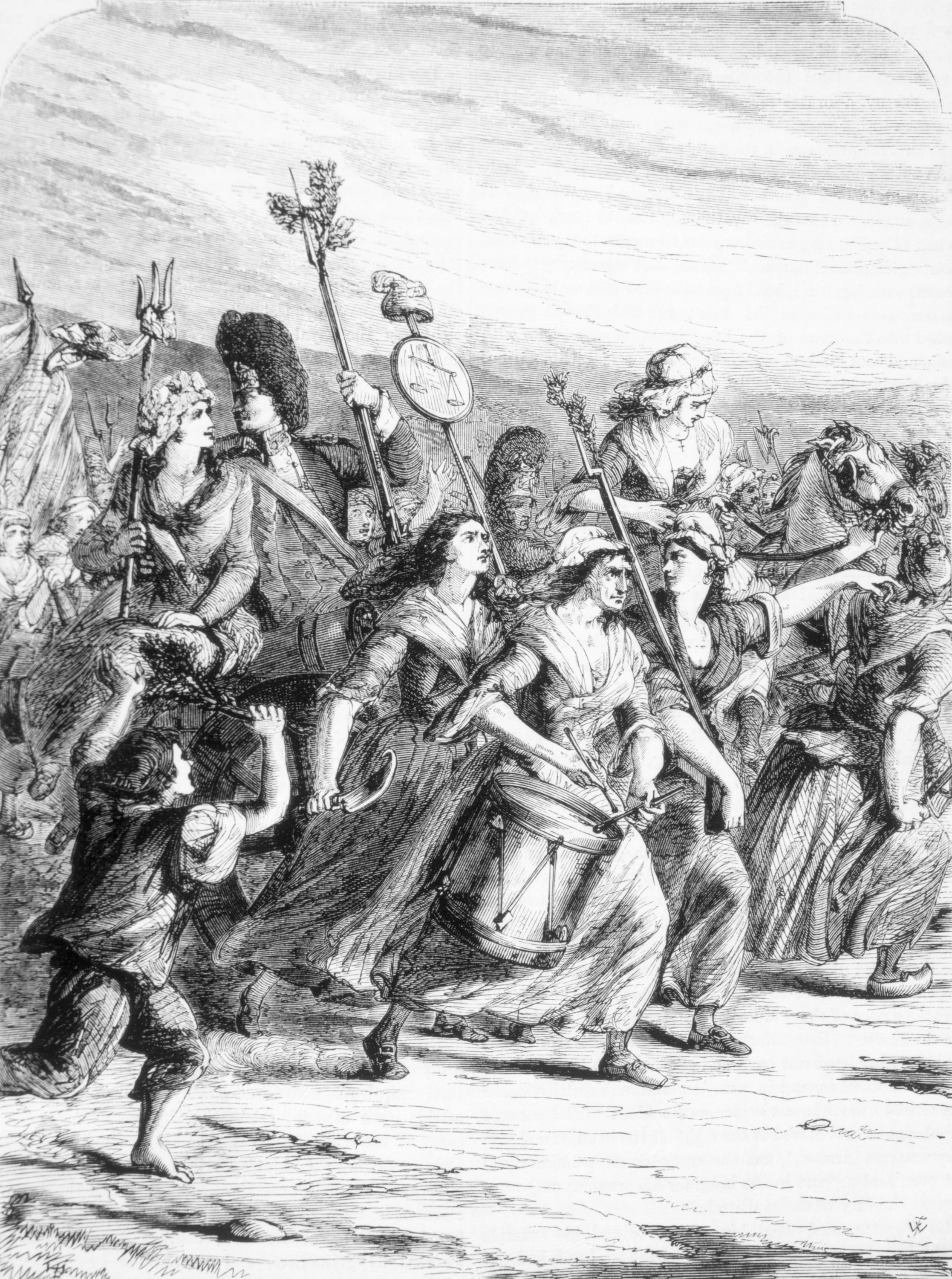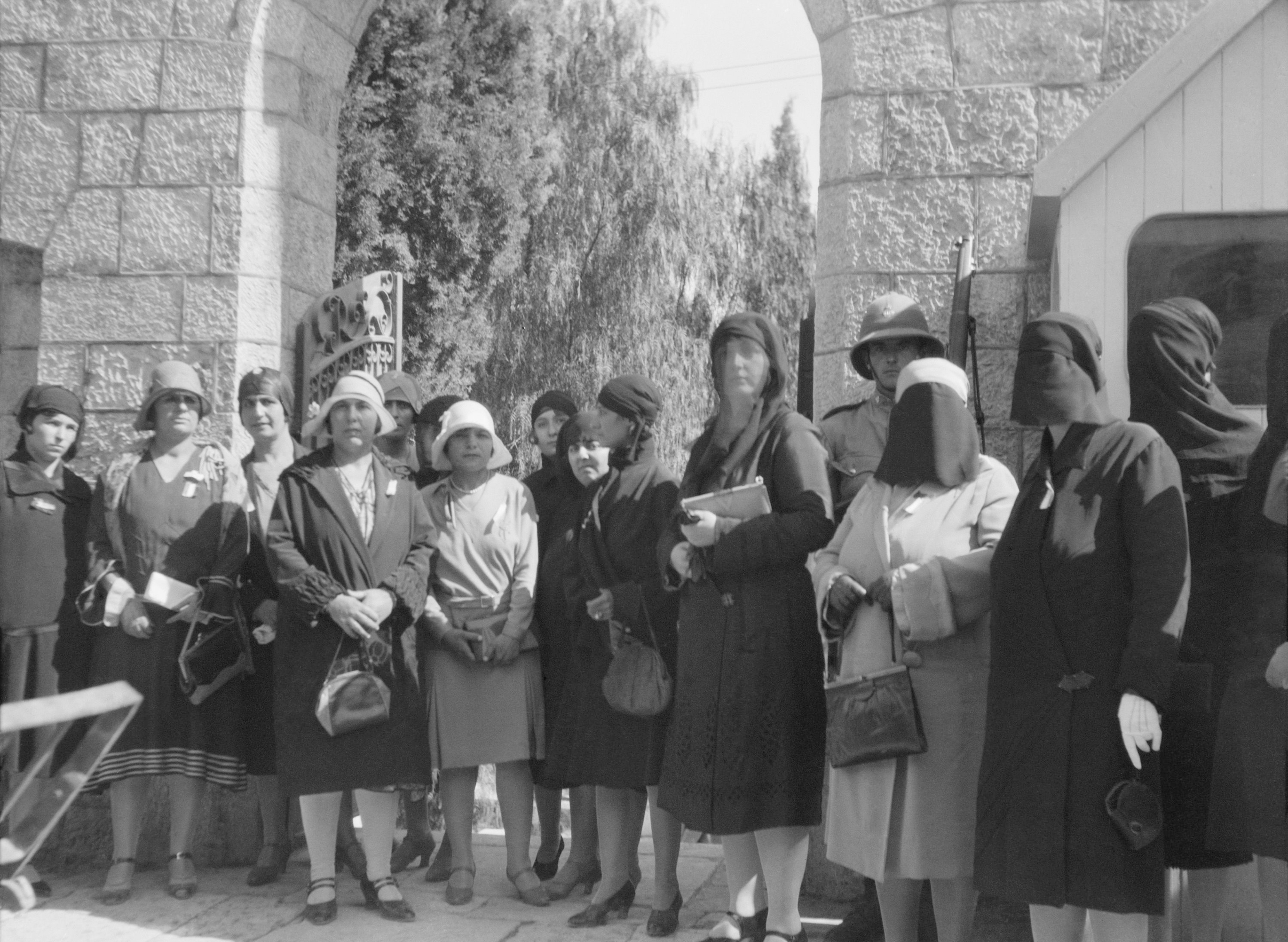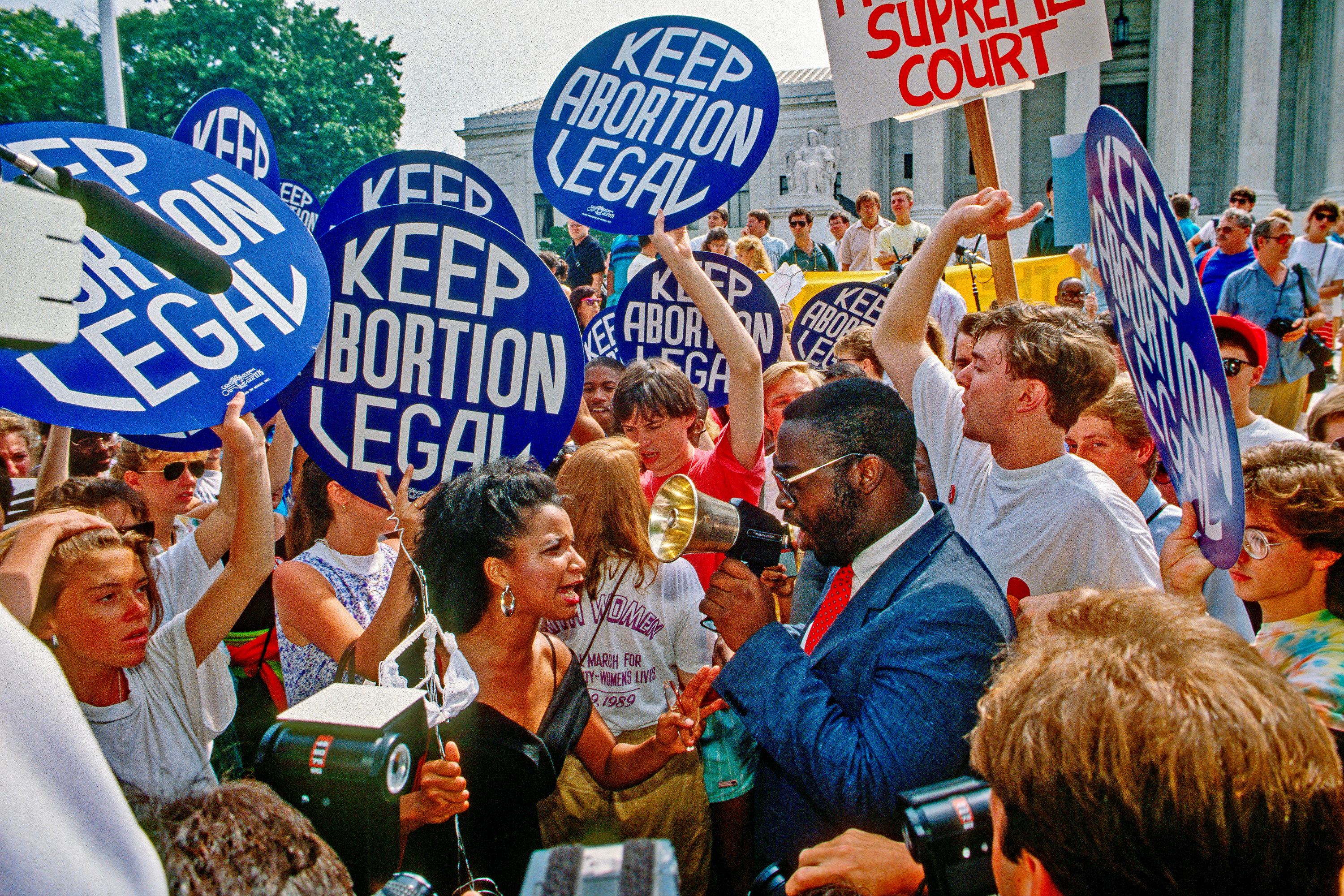The historical origins of feminisms lie in the late 18th century. Of course, there had long been activist, intellectual and outspoken women for many centuries before that, but in the 18th century we see a turbocharging of debates around who is allowed to be a citizen or part of the polity. There’s a lot of debate around various different kinds of tyrannies and how they might be overthrown, whether it’s the tyranny of empires or of regimes of enslavement, or indeed of men over women. These discussions produce a very fertile moment where gender justice emerges as a big concern. Of course, the word feminism doesn’t exist at the time — that’s a late 19th century invention. It might have been addressed as “the woman question” instead, the “querelle des femmes”, or they might have talked about the “women’s movement” as the 19th century solidified into a more activist place.
We can see, however, some recognisably feminist notions within the republicans of the French Revolution and their beliefs about sovereignty. We can also detect them in liberalism, with its ideas about personal autonomy, and in the rise in the early to mid-19th century of utopian socialism, where they’re experimenting with ideas of getting rid of property, of the church, of ideas of marriage and completely reshaping society. Those kinds of traditions give a real opportunity to discuss what kind of relationship women should have not only to the State but also to men – who were framed in that early period as women’s entry into public life – women’s right to education, women’s right to own property. These very fertile debates, therefore, carry the potential for organising women in a recognisably feminist sense.
A different kind of gender order
Utopian socialism was a movement that originated in the early 19th century around a belief of the injustice of capitalism, the injustice of the way society was organised around trade, religion, property and, in particular, the idea that women became the property of men through marriage. The early utopian socialists such as Charles Fourier in France and Robert Owen in Britain were willing to experiment with a different kind of gender order. They did that in their writings but also crucially in the communities that were inspired by their work, which were sometimes founded by themselves. These communities, which were all over the world, invited women and men to live in a way in which sexual or emotional relationships were not exclusive and where labour was divided not according to conventional ideas but to people’s needs instead.
That was very exciting for the followers of these thinkers. However, it didn’t work out that well in practice as there continued to be certain inequities in these utopian socialist communities. Women found that they were expected to be sexually liberated but without having access to birth control. Furthermore, they found that they were expected to do new forms of work but that their male companions were not taking up the domestic labour that women were expected to do. The problem of birth control was, in a very interesting way, recognised by Robert Dale Owen, one of the British utopian socialists. He absolutely advocated and experimented with ideas of reproductive rights, which are one of the important legacies of the utopian socialist movement, because we’re still seeing enormous amounts of activism around women’s right to make their own reproductive decisions.
Not just radical movements
Although mainly radical movements have been addressed, it’s also worth looking to some of the more conservative ones of the time which also enabled women to speak, to take leadership roles and to think about women’s autonomy and authority. For example, in some of the religious revivals of that period, you see opportunities for women to voice their views and assert themselves: in the Islamic tradition, there are many attempts to frame women’s participation in the polity, women’s rights as property holders and women’s presence as scholars as part of that Islamic tradition, even though there are also elements there that might see women as confined to the home or subordinate to men. Similarly, in Christianity, there are evangelising missionary elements that give women opportunities to travel, to work and to make their voices heard.
A turbulent 20th century
The interesting dynamic between the revolutionary movements of the period and some of the liberal and conservative movements then go on into the febrile and often very violent developments of the 20th century: we see very significant organising around anti-colonial movements, racial justice, pan-Arabism, pan-Americanism, pan-Africanism and pan-Asianism. Within these 20th century modern political traditions, you also get opportunities for women’s voices to come over for questions about gender justice to emerge. For example, when anti-colonial activists are trying to argue for the rights of people to national sovereignty, they often put women very much to the fore, sometimes as icons of the nation, sometimes as activists in their own right, as participants in military activism or guerrilla resistance.
On the whole, all of these intellectual traditions have given opportunities to develop different kinds of feminist insights. It would be wrong to say that they all share some essential insight, so we can refer to them as feminisms and recognise that these are very diverse ways of thinking about the struggle around women’s empowerment and around gender justice.
“The personal is political”
Although I have referred to some of the intellectual influences that shaped feminisms of the past, it’s also important to keep in mind that feminisms are about struggle. They’re about activism. They’re not just about writing books and having ideas. They’re ideas that work, that are translated into action and resistance, and that translation is done through the very significant role that personal experiences have had in the formation of feminisms.
There’s a slogan from the 1970s – “the personal is political” – that was characteristic of women’s liberation, and it’s important to acknowledge that women who have got involved in struggles around feminism or gender justice have long been drawing conclusions from their own life, and they’ve been living those ideas whether they’re republican, socialist, liberal or anti-colonial.
How and why women demand rights
Feminists of the past have often demanded very specific rights such as the right to vote, the right to own property, the right to have custody of their children and to decide on elements of their children’s lives, the right to control their own bodies and their reproductive choices. There’s been a lot of success in addressing those demands, although the struggle has been protracted. If we think about the right to vote that was claimed from the 1840s, it took up until very recent times for that to be realised across the world. We also need to remember that sometimes rights were awarded and then withdrawn, as we saw in Brazil, where women gained the right to vote in the 1930s and then lost it again when a military dictatorship took over. So, some of those victories didn’t necessarily stay one.
We can see the extensive roll-out of reproductive rights across parts of the world, but we also need to remember that sometimes feminists of the past didn’t frame their demands in ways that we would recognise today. For example, leaders of the Edwardian women’s suffrage movement in Britain asked not for reproductive rights to go along with voting rights, but for the right for women to live independently of sexual contact with men because they regarded that as risky. They saw men as carriers of venereal disease that would threaten women, so they wanted quite different things from what later generations of feminists might have asked for.
We can also see very significant victories around free choice of marital partner in China in their civil code in the 1920s. We can see property rights being rolled out across many different global contexts. But it certainly has been a prolonged process, and countries like Switzerland, where rights to basic civil participation like voting came extraordinarily late, in the 1970s, have a very different chronology from some of their near neighbouring countries.
Discover more about
the origins of feminisms
Delap, L. (2020). Feminisms: A Global History. Pelican.
Delap, L., & Morgan, S. (Eds.). (2013). Men, Masculinities and Religious Change in Twentieth-Century Britain. Palgrave Macmillan.
Delap, L. (2011). Knowing Their Place: Domestic Service in Twentieth-Century Britain. Oxford University Press.
DiCenzo, M., Ryan, L., & Delap, L. (2011). Feminist Media History: Suffrage, Periodicals and the Public Sphere. Palgrave Macmillan.
Delap, L., Griffin, B., & Wills, A. (Eds.). (2009). The Politics of Domestic Authority in Britain since 1800. Palgrave Macmillan.
Delap, L. (2007). The Feminist Avant-Garde: Transatlantic Encounters of the Early Twentieth Century. Cambridge University Press.


